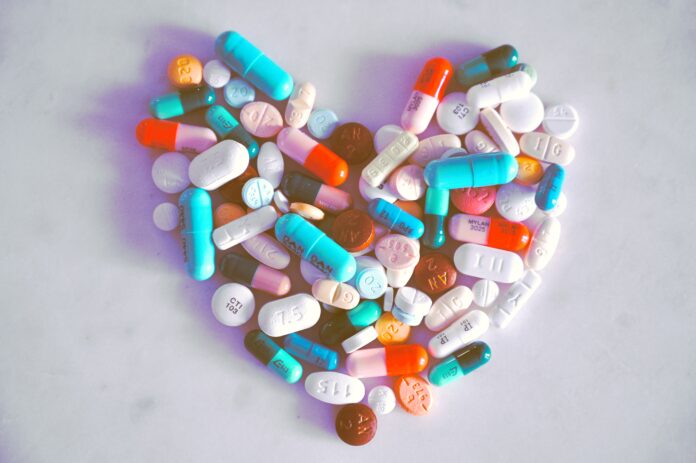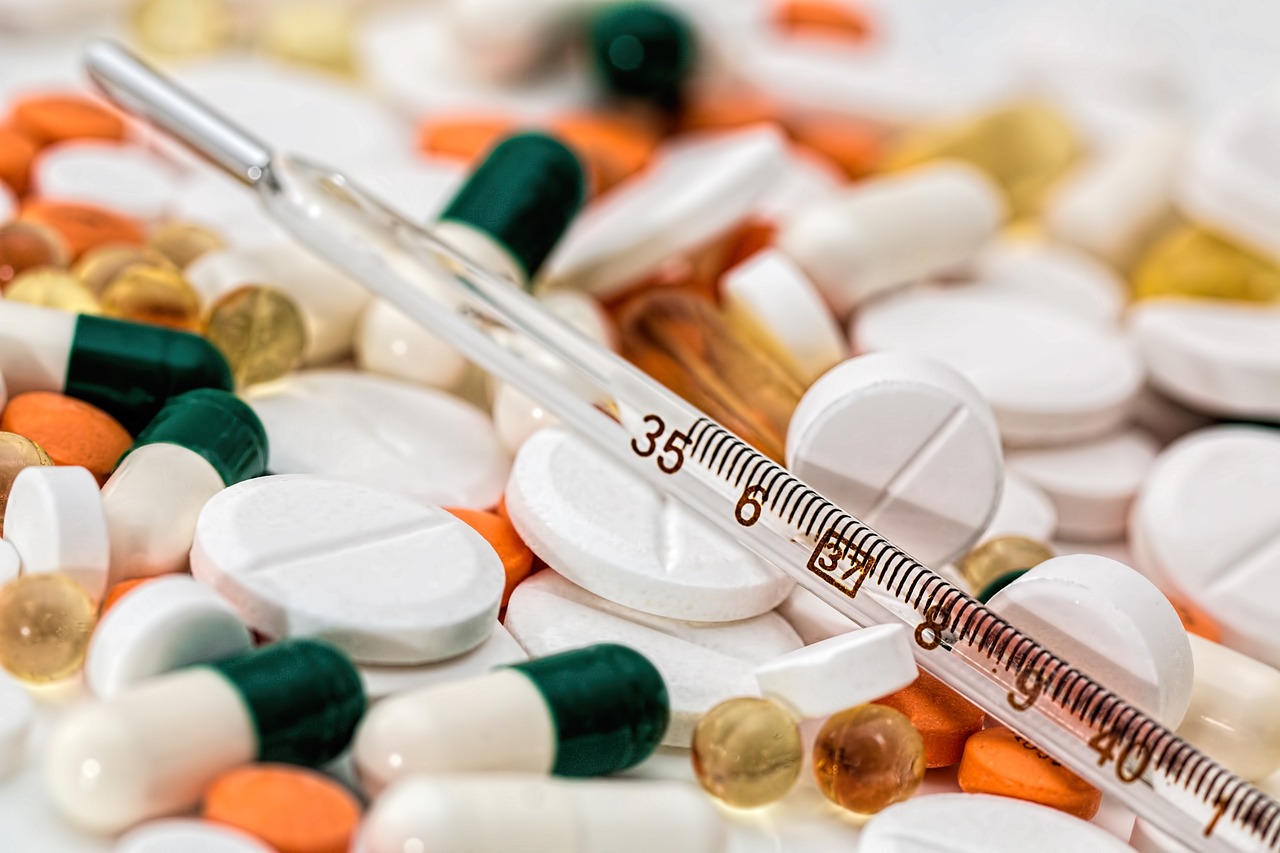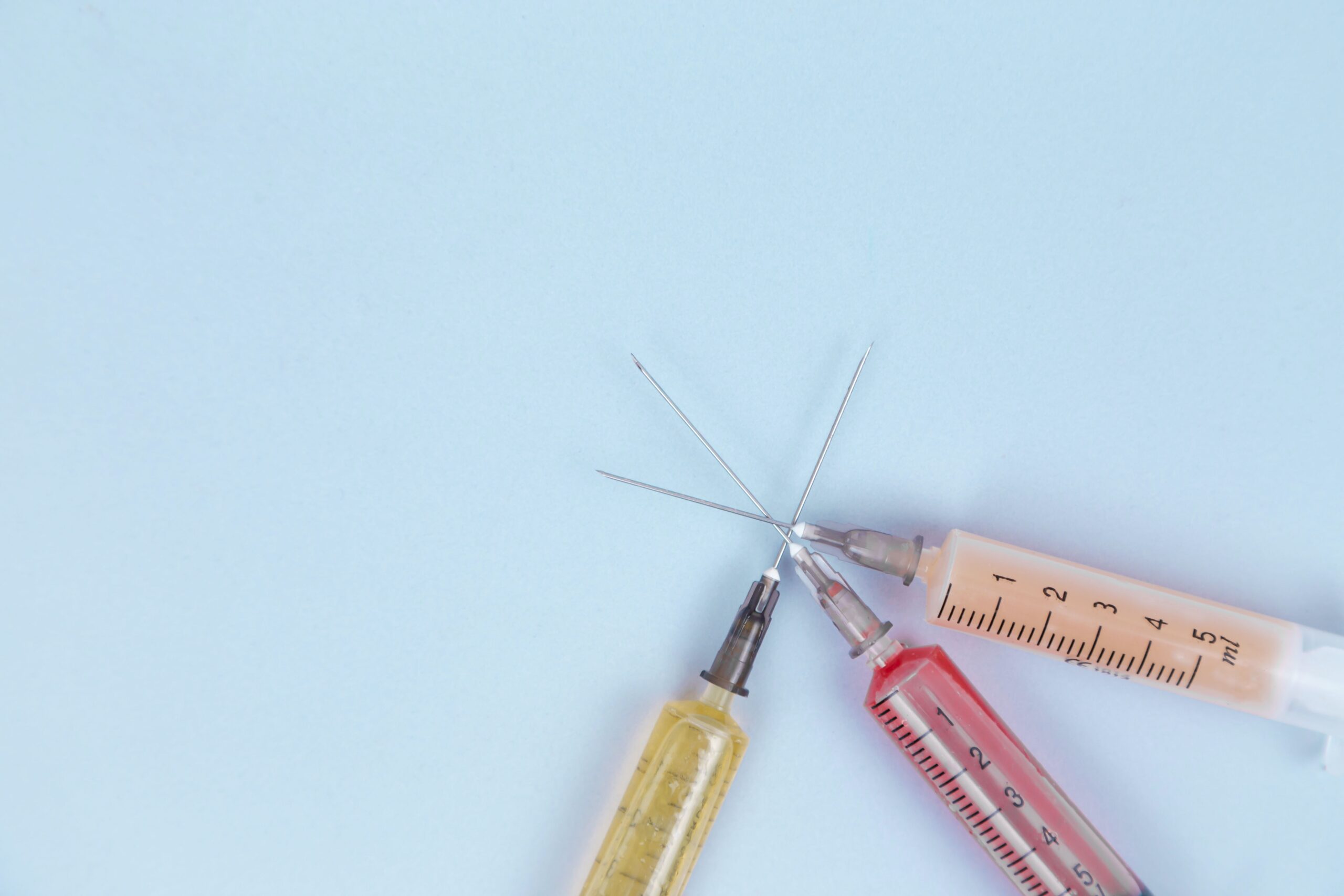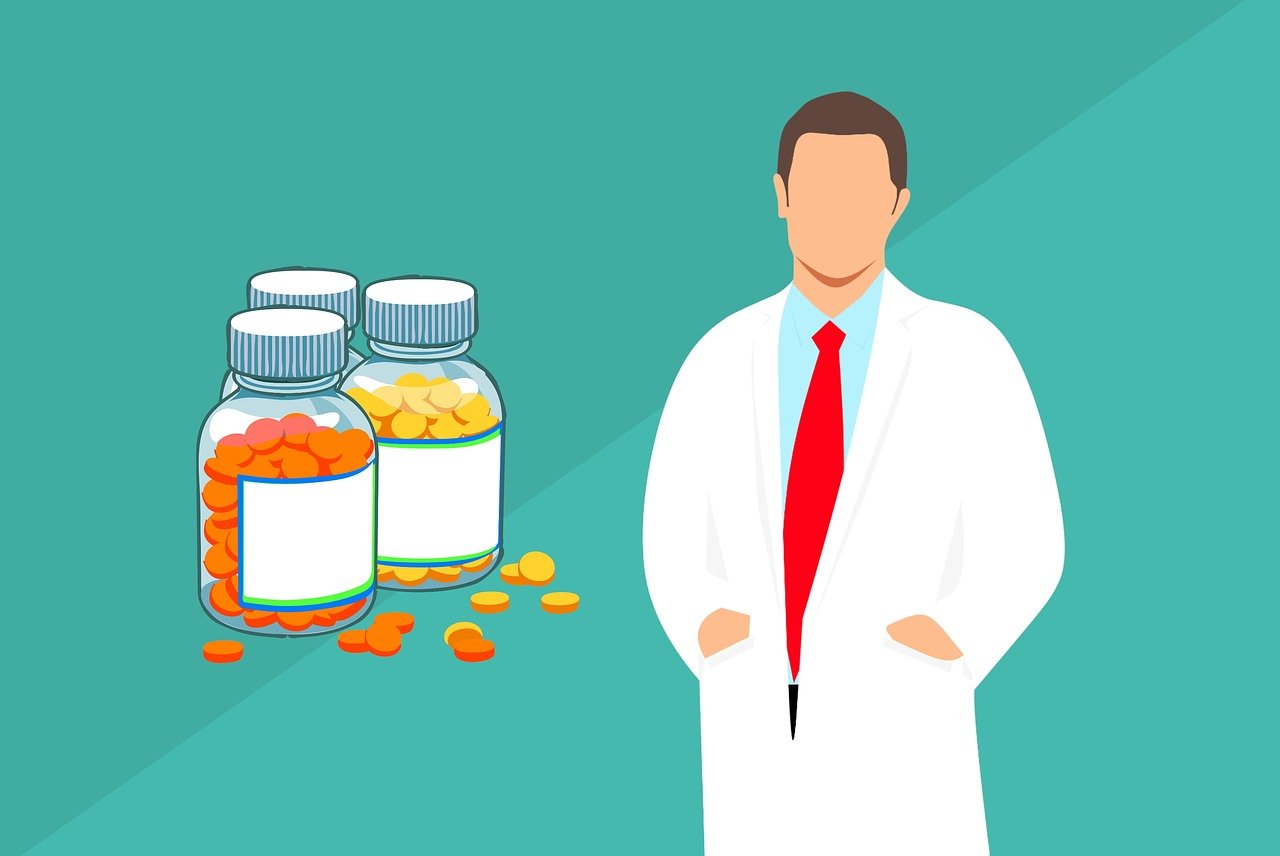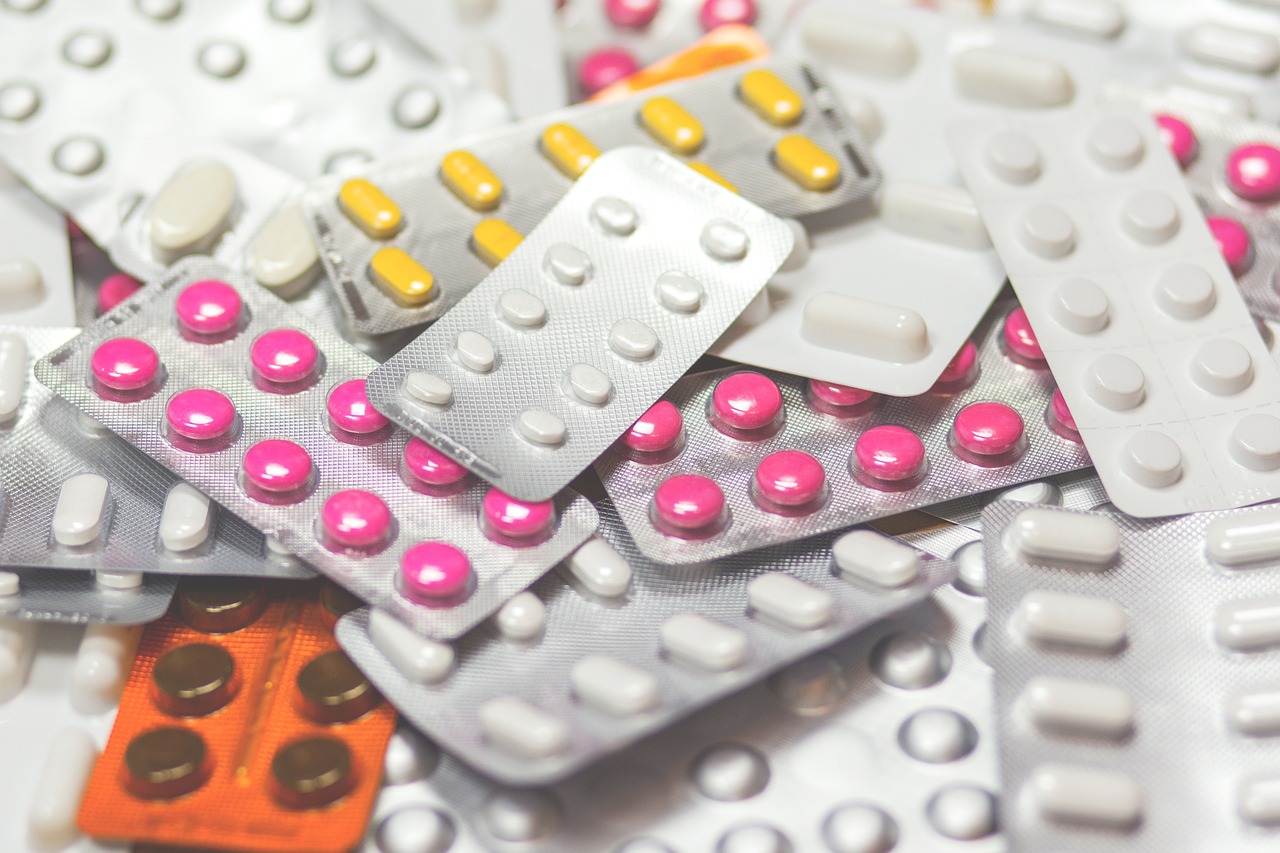Pharmacology is an intriguing and crucial field that resides at the heart of medicine. Often underestimated, this science holds the key to understanding how drugs affect the human body and conversely, how the human body affects drugs. But what exactly is pharmacology, and how does it influence our healthcare system? This article aims to shed light on these questions and more.
Defining Pharmacology
Pharmacology, at its core, is the study of the interactions that occur between a living organism and drugs. It combines elements of biology and chemistry to understand how drugs work, their therapeutic use, and the potential adverse effects. This discipline offers a bridge between the theoretical world of research and the applied science of medicine, enabling healthcare professionals to use medications safely and effectively.
The Intricacies of Pharmacology
Pharmacology is a multifaceted field comprising several branches. Two of the most prominent ones include pharmacodynamics and pharmacokinetics.
Pharmacodynamics: The Impact of Drugs
Pharmacodynamics delves into the biological and physiological effects of drugs on the body. It seeks to understand the relationship between drug concentration at the site of action and the resulting effect, including the duration and magnitude of response. This branch of pharmacology is key in determining the right dosage of medication for different diseases.
Pharmacokinetics: The Body’s Influence on Drugs
Pharmacokinetics, on the other hand, studies how the body absorbs, distributes, metabolizes, and excretes drugs. It aims to predict the onset, duration, and intensity of drug effects. These insights are fundamental to creating medications that deliver therapeutic benefits while minimizing side effects.
The Role of Pharmacology in Healthcare
The value of pharmacology in healthcare cannot be overstated. It plays a significant role in drug development and regulation, patient care, and improving overall public health.
Drug Development and Regulation
Pharmacology is at the forefront of drug discovery and development. By understanding the biological targets of diseases, pharmacologists can develop drugs that act on these targets effectively. It’s also crucial in establishing safety standards, conducting clinical trials, and ensuring that the benefits of drugs outweigh potential risks.
Enhancing Patient Care
In patient care, pharmacology enables healthcare providers to prescribe medications appropriately, taking into account the patient’s specific circumstances. It helps minimize risks of drug interactions and side effects, thus safeguarding patients’ wellbeing.
Improving Public Health
Beyond individual patient care, pharmacology aids in tackling public health challenges. It contributes to the control of epidemics and pandemics by developing therapeutic drugs and vaccines, like the COVID-19 vaccines developed in record time.
The Power of Pharmacology
In summary, pharmacology is a vital science that impacts every aspect of healthcare, from drug development to patient care and public health. By decoding the intricate relationship between drugs and the human body, it has revolutionized medicine, paving the way for safer and more effective treatments.
By comprehending what pharmacology is and how it works, we can better appreciate the silent but significant work carried out by pharmacologists every day. Their research and dedication are the backbone of medical advances, shaping the future of healthcare and impacting countless lives worldwide.
Pharmacology Courses in India
Pharmacology is a promising field with numerous career opportunities in research, academia, and the pharmaceutical industry. In India, several institutions offer various courses in this discipline.
Bachelor of Pharmacy (B. Pharm)
This undergraduate course is the first step towards a career in pharmacology. It involves the study of drugs, their composition, properties, and impact on the human body.
Eligibility: Students should have passed the 10+2 exam with Physics, Chemistry, and Biology/Mathematics.
Admission Process: Admission is usually based on scores in entrance exams like NEET, BITSAT, or state-specific CETs.
Master of Pharmacy (M. Pharm) in Pharmacology
This is a two-year postgraduate course that delves deeper into pharmacology. It focuses on the design and mechanism of drugs and their biological importance.
Eligibility: Candidates should hold a B.Pharm degree from a recognized university.
Admission Process: Admissions are typically based on GPAT (Graduate Pharmacy Aptitude Test) scores.
Doctorate of Pharmacy (Pharm. D)
Pharm. D is a six-year doctoral course combining clinical practice and research. It prepares students for clinical pharmacy and pharmacy practice roles.
Eligibility: 10+2 examination with Physics, Chemistry, and Biology/Mathematics.
Admission Process: Admissions are generally based on entrance exams like NEET or university-specific tests.
Ph.D. in Pharmacology
This is the highest academic degree in pharmacology, focusing on specialized research in the field.
Eligibility: A master’s degree in pharmacology or related field from a recognized university is required.
Admission Process: Admission processes may include entrance exams, interviews, and evaluation of research proposals, depending on the institution.
Top Pharmacology Institutes in India
Several institutes in India offer quality pharmacology education. Some of the top ones include:
- All India Institute of Medical Sciences (AIIMS), New Delhi: Known for its exemplary medical education, AIIMS offers pharmacology courses at the postgraduate level.
- Jawaharlal Nehru University, New Delhi: The School of Biotechnology in JNU provides advanced courses in pharmacology.
- Jamia Hamdard, New Delhi: This university is renowned for its pharmacy and pharmacology courses. It has been ranked as the top pharmacy college in India by NIRF.
- National Institute of Pharmaceutical Education and Research (NIPER), Multiple Locations: NIPERs across India offer M.Pharm and Ph.D. programs in pharmacology.
- Banaras Hindu University, Varanasi: The Institute of Medical Sciences at BHU offers both undergraduate and postgraduate courses in pharmacology.
Before selecting a course or institution, make sure to check the most recent course details and admission process on the official website of the respective institution. The competition in this field is intense, so thorough preparation is necessary to secure a spot in these prestigious institutions.
Career Scopes in Pharmacology
A degree in pharmacology opens the doors to various rewarding careers in numerous sectors, including healthcare, academia, research, and industry. Here are some of the prominent career paths in pharmacology:
Clinical Pharmacologist
Clinical pharmacologists work in a healthcare setting, often in hospitals, to ensure the safe and effective use of drugs. They interact with healthcare professionals, providing them with information about drug interactions and potential side effects.
Pharmaceutical Researcher
Pharmaceutical researchers are involved in the process of drug discovery and development. They conduct preclinical and clinical research to design and test new drugs, and analyze their results.
Medical Science Liaison
Medical Science Liaisons serve as a bridge between pharmaceutical companies and healthcare professionals. They communicate scientific and clinical information about a company’s products to doctors, pharmacists, and other healthcare professionals.
Pharmacology Educator
With a higher degree in pharmacology, one can become a pharmacology educator, teaching students in universities, colleges, or medical schools. They educate the next generation of pharmacologists and healthcare professionals about the science of drugs.
Regulatory Affairs Specialist
Regulatory affairs specialists ensure that pharmaceutical companies comply with all the regulations and laws pertaining to drug discovery, development, marketing, and distribution.
Pharmaceutical Sales Representative
Pharmacology graduates can also become pharmaceutical sales representatives. They promote their company’s drugs to doctors, pharmacists, and other potential customers. Their deep knowledge of pharmacology enables them to explain the benefits and potential risks of the drugs they are promoting.
Drug Inspector
Drug inspectors ensure that drugs, cosmetics, and similar products are manufactured, stored, and sold in accordance with laws and regulations. They work to protect public health by preventing the sale of substandard, adulterated, or misbranded products.
Forensic Toxicologist
Forensic toxicologists apply their knowledge of pharmacology in legal cases. They determine the presence and effect of drugs, poisons, and other chemicals in the human body.
These are just a few examples of the many possible career paths in pharmacology. This field offers a wealth of opportunities for those interested in the science of drugs and their impact on the human body. It’s worth noting that some roles may require additional qualifications or experience. As always, individual career paths may vary based on personal interests, skills, and goals.
Frequently Asked Questions about Pharmacology
What is the main purpose of pharmacology?
Pharmacology aims to understand how drugs interact with the body. This knowledge aids in the development of new drugs, ensures their safe and effective use, guides healthcare professionals in prescribing appropriate treatment, and helps in managing public health crises.
What’s the difference between pharmacodynamics and pharmacokinetics?
Pharmacodynamics studies the effects of drugs on the body, including how they work and their therapeutic impact. On the other hand, pharmacokinetics looks at how the body influences the drugs, studying how they are absorbed, distributed, metabolized, and excreted.
How does pharmacology impact healthcare?
Pharmacology plays a pivotal role in healthcare by guiding drug development and regulation, enhancing patient care, and addressing public health challenges. It helps in creating medications with maximum therapeutic benefits and minimal side effects.
How long does it take to become a pharmacologist?
Becoming a pharmacologist typically requires an undergraduate degree in a related field (like biology or chemistry), followed by a doctoral degree in pharmacology, which can take 4-6 years. After that, some may choose to complete postdoctoral research for additional specialization.
Is pharmacology the same as pharmacy?
No, they’re different but closely related fields. Pharmacology is the study of how drugs interact with the body, while pharmacy is the practice of preparing and dispensing medications, and providing advice on their use to healthcare professionals and patients. Pharmacologists often work in research and development, while pharmacists work directly with patients in a clinical setting.



